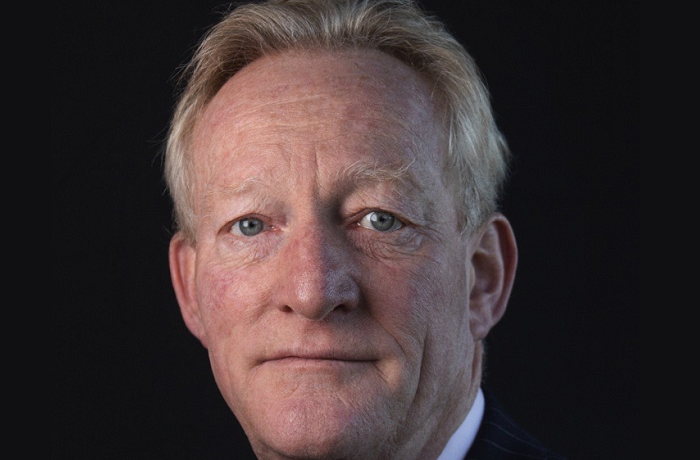Insurers are not paying private consultants enough and this is contributing to a potential capacity crunch as they leave the market, WPA has said.
The insurer emphasised that hospital capacity was generally not a concern for the private medical insurance (PMI) sector, but it was the availability of doctors to do the work which was likely to be a considerable risk to services in the future.
WPA executive director for large corporate business Brian Goodman (pictured) criticised other insurers for not valuing the “skill, experience and quality” of consultants’ work.
Speaking at the Laing Buisson Private Healthcare Summit yesterday, Goodman said: “In discussions with private hospital groups there doesn’t seem to be any concern over capacity. One of my biggest concerns is capacity of consultants.”
Goodman noted that many GPs and consultants were leaving the profession and new starters may not wish to setup a private practice given the “astronomical” professional indemnity fees.
He suggested it could be easier and just as financially rewarding to do choose and book sessions at the NHS hospital on a Saturday and argued that insurers were partially responsible for the situation.
“The fees being paid by several insurers I think is playing a part of that,” Goodman continued.
“Fees need to be of a level that recognises the skill, experience and quality and there are some issues there which I think are rather fundamental.
“Some of the consultants I speak to say they will just not bother doing insurance work – they will do self-pay, but not insured,” he added.
Hospitals constrained by doctor availability
Representatives from hospital groups supported the view that the industry was at risk of seeing fewer consultants available to do private work in the next few years.
Spire Healthcare director of commercial contracting Martin Rennison agreed, noting the hospital group was creating more headroom to do more private work.
“What we’re constrained by is not operating theatres and beds, but doctors being available to do work at the right times, in the right specialisms,” he said.
This was echoed during a later session by Phoenix Hospital Group medical advisory committee chairman Dr Aubrey Bristow.
“Private medicine has a number of issues for the future,” he said.
“First of all we have a national shortage of doctors and this is becoming critical in more and more specialities.”
He continued: “For doctors who came to work in last 20 years the NHS is often their preferred place of work.
“Against this we have to reflect on the ever-reducing benefits from private practice and the increasing complexities.
“I think the way doctors are going to contractually relate to private hospitals will be as much dependent on the availability of doctors to fulfil that, as to the wishes of the independent sector.”
